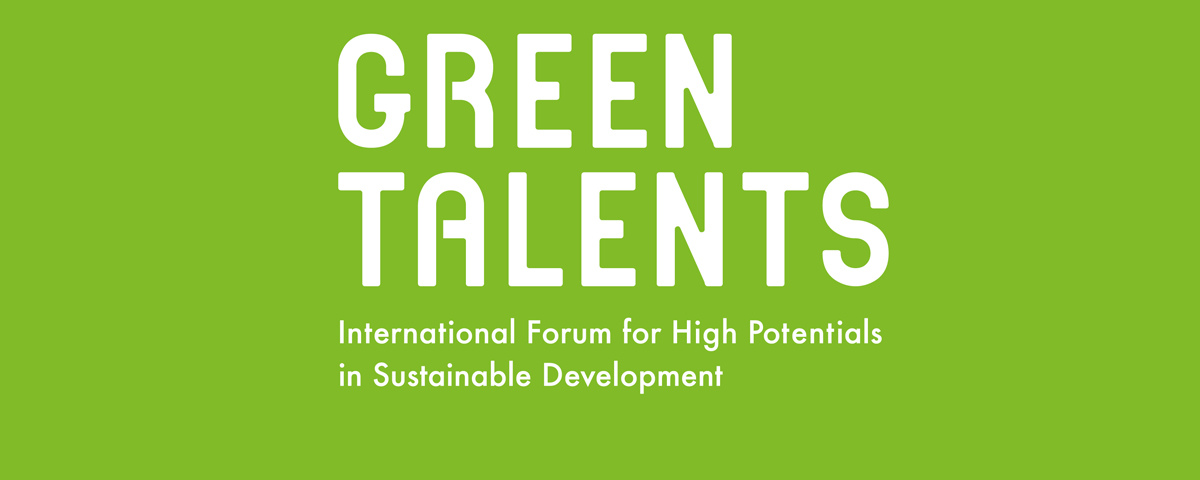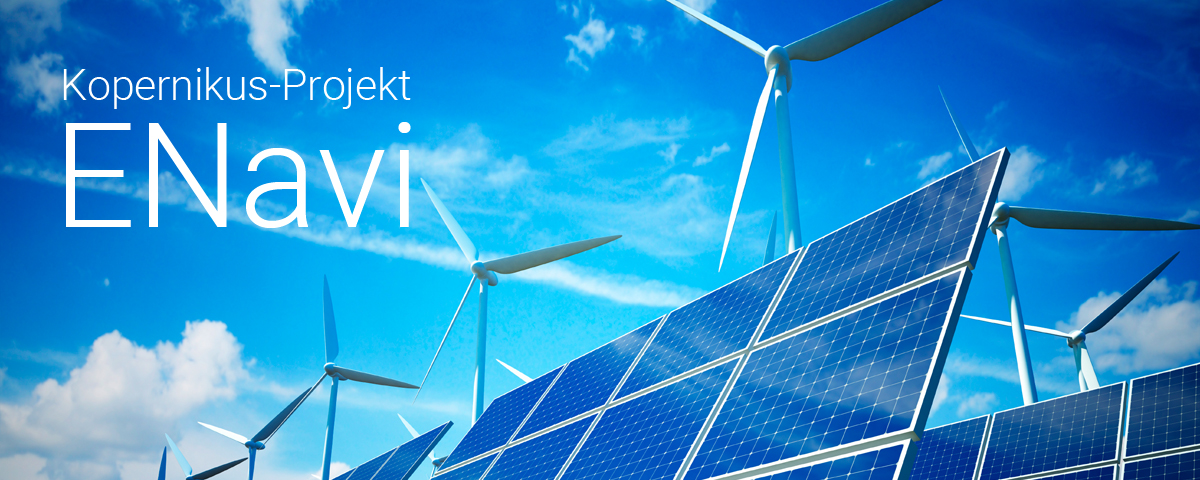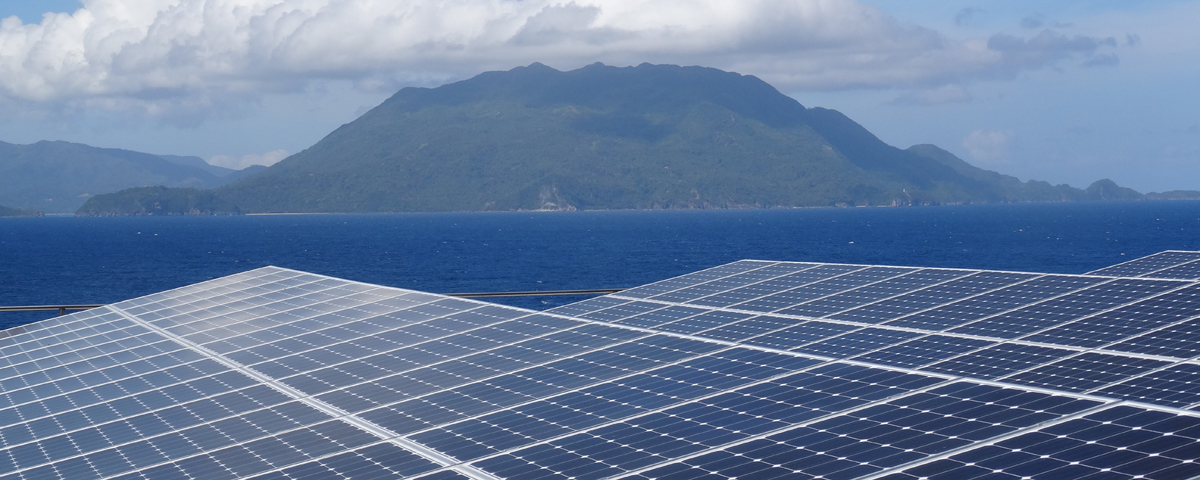
Green Talents Forum
19. October 2018
ENavi Consortium Meeting
24. October 2018RLI hosts training on a planning tool for hybridization in the Philippines

October 24th 2018 – RLI has hosted a training on hybridization and the application of a “Simplified Planning Tool” (SPT) for the Philippines on 17th-18th September 2018 in Taguig City, Manila. The tool was developed by RLI in context of the EU’s “Access to Sustainable Energy Programme” (ASEP) and will support the planning and evaluation of hybridization projects in the Philippines.
The Philippines have an urgent need to improve energy access, as the country is evolving at a rapid pace from a developing to an emerging country. Economic growth, however, remains limited to a few key regions. A particular challenge lies in the country’s geographical structure: More than 7,700 islands, many of them small and remote, need reliable and sustainable electricity to improve local living conditions. Currently, the quality of supply, which is mainly based on polluting and expensive diesel generators, is not sufficient. At the same time, renewable energy resources are readily available, so a sustainable transformation of the diesel-based systems to hybrid or fully renewables-based systems is a reasonable option.
The Government of the Philippines has recently adopted Renewable Portfolio Standards to accelerate renewable energy deployment in remote grids. The need for experts to rapidly assess mini-grids techno-economically is high. The training was therefore designed as a training-of-trainers activity, in which participants were intensively coached on using the SPT and thus assuming the role of knowledge multipliers.
RLI was represented by researcher Paul Bertheau, who was part of the SPT developer team and shared expert knowledge on how to work with it during the training. RLI has successfully been working with Filipino energy agencies and administration bodies for years in context of RLI’s work towards increasing electrification rates worldwide. This is a contribution to the Sustainable Development Goal number 7 of the United Nations (SDG 7) to ensure universal access to affordable, reliable and modern energy services.




